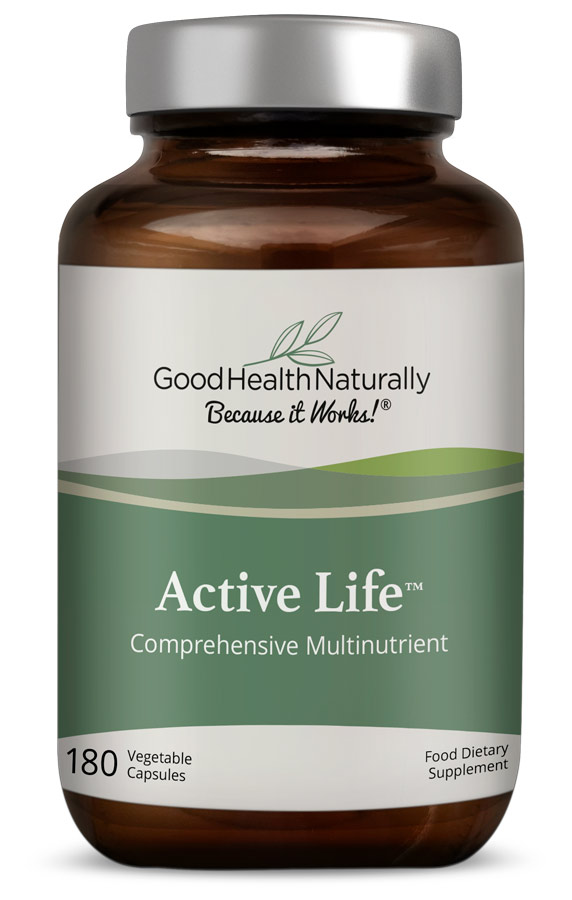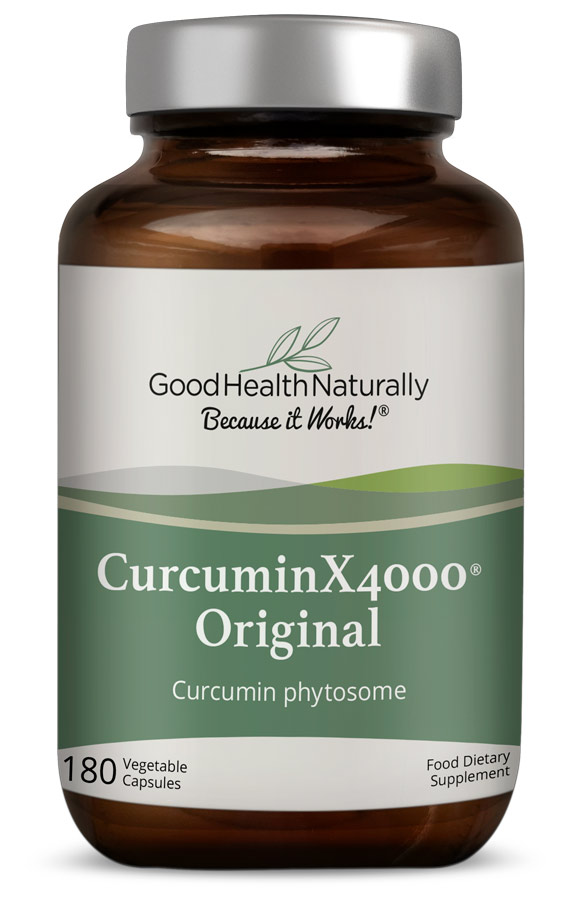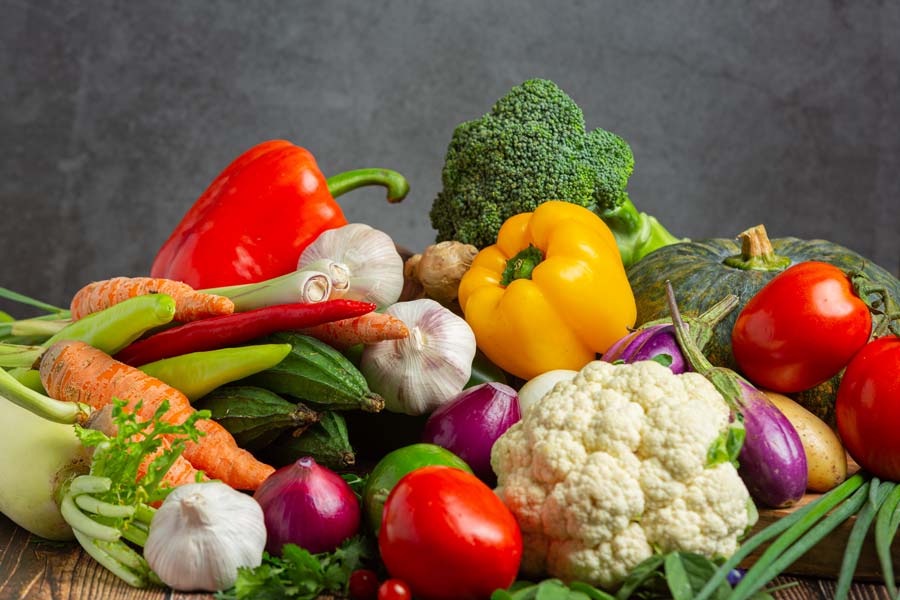Welcome back to our Naturally Healthy News newsletter! Last week, we delved into the benefits of adding more green leafy vegetables to your diet to boost lutein and zeaxanthin intake. This week, our vegetable journey continues, but with a twist. We’ve stumbled upon fascinating research about vegetables and longevity that has piqued our interest.
Have you ever wondered if the secret to a longer, healthier life is just a few steps away in your vegetable drawer? While we’ve always known that vegetables are good for us, recent research reveals the why behind their health benefits and gives us even more reasons to add them to our daily meals.
While certain diets can either promote inflammation or alleviate it, maintaining a consistently healthy diet can be a challenge for many individuals. Hence, this study sought to identify which everyday foods are associated with chronic inflammation and mortality risks and which ones hold greater benefits.
What the Study Says
This recent study, published in the Journal of Medicinal Food, has revealed promising findings. It suggests that adding cruciferous vegetables like broccoli, cabbage, and cauliflower to your diet not only reduces inflammation but also lowers the risk of all-cause mortality.
Led by researchers from the University of South Florida and the University of Memphis, the study delved into data from the Multi-Ethnic Study of Atherosclerosis (MESA) to pinpoint specific foods.
To start their investigation, the researchers zeroed in on three plant-based food categories (avocado, greens, and broccoli) and three animal-based ones (ham, sausage, and eggs) commonly found in Western diets. They then scrutinised various inflammatory markers, including interleukin-6 (IL-6), fibrinogen antigen, C-reactive protein, D-Dimer, interleukin-2, matrix metalloproteinase 3, necrosis factor-a soluble receptors, oxidised LDL (oxLDL), and total homocysteine. Their primary aim was to understand how these foods are linked to variable markers of inflammation and overall mortality rates.
Broccoli Comes Out on Top
Their findings unveiled that almost all inflammatory markers, excluding oxLDL, were correlated with mortality in the initial analyses, with the most substantial effects observed with IL-6 and D-dimer. What’s intriguing is that the broccoli category, encompassing broccoli, cabbage, cauliflower, brussels sprouts, sauerkraut, and kimchee, consistently exhibited the strongest results in these analyses, which pointed towards reduced inflammation and lower mortality odds.
In the more complex multivariable models involving IL-6 and D-dimer, minimal and substantial broccoli consumption was linked to decreased mortality odds compared to no consumption at all. This suggests that incorporating cruciferous vegetables into your meals might act as a shield against chronic inflammation and all-cause mortality risks.
What the Experts Say
Nicholas W. Carris, PharmD, BCPS, BCCCP, an associate professor at the University of South Florida and the lead author of the study, reinforce the significance of these findings by stating, “Our findings underscore how everyday foods, especially cruciferous vegetables, can mitigate inflammation and enhance health outcomes. While adhering to a complete, healthy diet may pose challenges for many, integrating these vegetables into regular meals can yield significant benefits.”
Co-author Ganesh V. Halade, PhD, an associate professor at the University of Memphis, stressed the importance of further exploration, stating, “These findings warrant validation in randomised controlled trials to explore a ‘food is medicine’ approach and identify which of these foods, if any, could serve as herbal therapeutics for chronic inflammation.”
Chronic inflammation is implicated in numerous health conditions, such as cardiovascular disease, diabetes, and specific cancers. This study’s results underscore the importance of dietary interventions, particularly those involving cruciferous vegetables, to mitigate inflammation and enhance overall health outcomes.
In Conclusion
As we continue to explore the intricate relationship between diet and health, the potential of everyday foods like cruciferous vegetables is ever more apparent. We can do much more, but this study reminds us that small changes in our dietary habits, like eating more vegetables, can significantly improve our overall health and longevity. Here’s to making delicious and nutritious choices for a vibrant and fulfilling future!
References:
https://pubmed.ncbi.nlm.nih.gov/38354278
Recommended products:
Active Life™ |
CurcuminX4000® Original |
 |
 |





